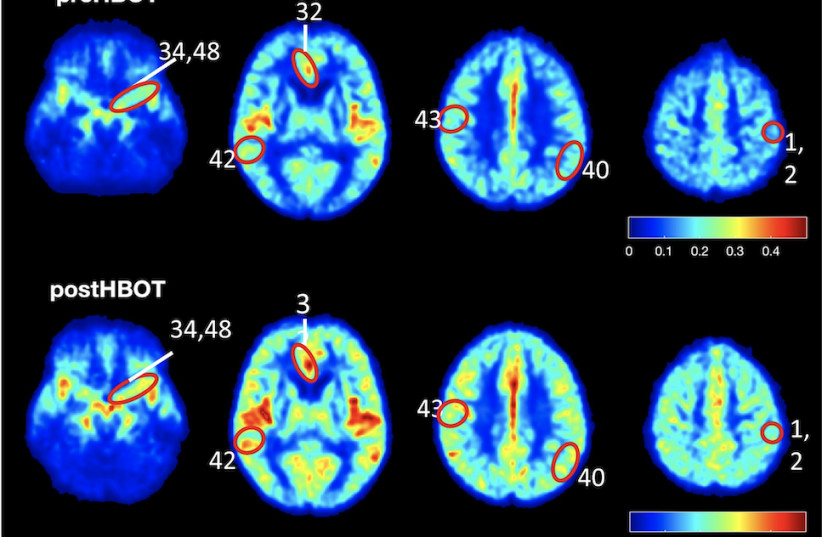The scientific and medical communities have expressed for a great deal of time some concern over a potential connection between the novel coronavirus and dementia.
While a University of São Paulo study from June 2021 found that Alzheimer's greatly increases the risk of severe symptoms from COVID-19, the same may very well go for the other way around.
The US National Institutes of Aging has invested a new $3.7 million grant to allow researchers at the University of Rochester Medical Center (URMC) to investigate how coronavirus triggers damage in the brain and how this could affect its long-term impact on cognitive performance.
How will they conduct the study?
The new study will involve a multidisciplinary team of URMC neurologists, infectious disease experts, radiologists, and computer scientists, according to the center, who will recruit 300 volunteers 65 and older who had a severe enough COVID infection that it required hospitalization.

The study will take place over a time span of two years, evaluating the neurocognitive status of the volunteers and monitoring changes in white matter, blood flow, blood vessels and biomarkers of inflammation and brain injury using quantitative neuroimaging.
“Given the high rate of COVID worldwide and aging, the possible added toll to the existing burden of dementia could increase exponentially in the near future,” said URMC neurologist and principal investigator of the study Giovanni Schifitto M.D. “We need to better understand the burden and progression of cognitive decline and the mechanisms by which this occurs. This will help point the way to new interventions designed to forestall the onset of dementia in these individuals.”
